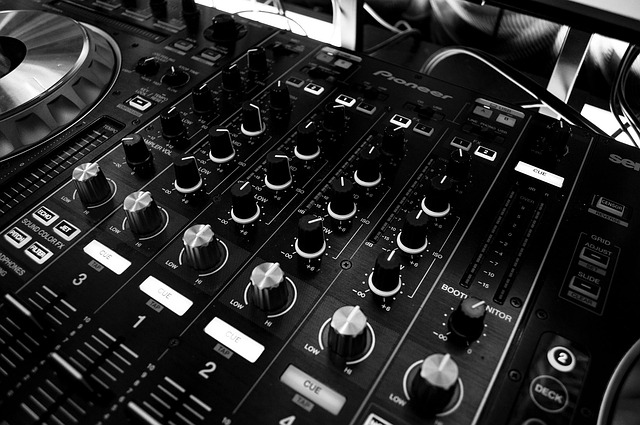Mastering the Art of Hip-Hop Mixing: Tips and Tricks for Perfecting Your Sound
In the vibrant world of music production, hip-hop stands out as a genre that thrives on creativity and innovation. But before a track can truly resonate with listeners, it must undergo the meticulous process of hip-hop mixing. This step is invaluable in ensuring that your sound isn’t just heard but felt deep in the soul. Whether you’re a budding producer or a seasoned veteran, here are some essential tips and tricks to elevate your mixing game.
1. Understand Your Elements
Before diving into mixing, immerse yourself in the rich layers that make up your track. Hip-hop is characterized by its unique blend of beats, basslines, vocals, and samples. Spend time understanding how each element complements the others. Take note of how the kick drum strikes, the bass grooves, and how the vocals sit atop this foundation. Each component plays a crucial role in shaping the overall sound, and recognizing their individual characteristics will help you mix them effectively.
2. Create a Balanced Mix
Achieving balance in hip-hop mixing is vital. Start by adjusting volume levels; ensure that no single element overshadows the others. Pay special attention to the vocals—they are often the focal point of hip-hop tracks. A general rule of thumb is to have your beats punchy yet supportive, while the vocals remain clear and dominant. Use panning to your advantage, positioning various elements across the stereo field to create a more engaging listening experience.
3. Use EQ Wisely
Equalization (EQ) is an essential tool in the mixing process. Every instrument has a frequency range, and using EQ allows you to carve out space for each element, minimizing muddiness and enhancing clarity. For instance, you might want to boost the low frequencies of your bass while cutting those on your kick drum to avoid overlap. Experiment with different settings to craft a clean and polished sound. Remember, subtlety is key!
4. Don’t Overlook Compression
In the realm of hip-hop, compression serves as a powerful ally. It can tighten your sound and make it more impactful. By applying compression to your drums, you can create that signature punch that dominates the genre. Meanwhile, vocal compression can help maintain consistency, ensuring every word is delivered with presence. Just be cautious not to over-compress; the goal is to enhance, not hinder.
5. Add Depth with Reverb and Delay
Reverb and delay are essential for adding dimension to your mix. They can help create a sense of space, making elements feel as though they occupy different environments. Use reverb to place your vocals in an expansive room while keeping instrumentals more intimate and upfront. Delay can be used to create rhythmic interest; however, moderation is crucial! Too much can cloud your mix and reduce impact.
6. Trust Your Ears
While it’s important to utilize various techniques and tools, the most important factor in hip-hop mixing is your intuition. Spend time refining your listening skills; learn to trust your instincts about what sounds good. Take breaks to avoid ear fatigue and revisit your mix with fresh ears. Don’t hesitate to experiment, and remember that mixing is as much an art as it is a science.
7. Get Feedback
Lastly, share your mix with trusted friends or fellow producers. Fresh perspectives can offer invaluable insights that you may have overlooked. Constructive feedback is essential for growth—take it in stride and don’t hesitate to make adjustments based on the suggestions you receive. Collaborating and sharing ideas will undeniably enhance your skills.
In the fast-paced universe of hip-hop, your mixing skills can set you apart. With practice and dedication, you can create standout tracks that resonate with listeners and make an undeniable mark in the industry. Happy mixing!




